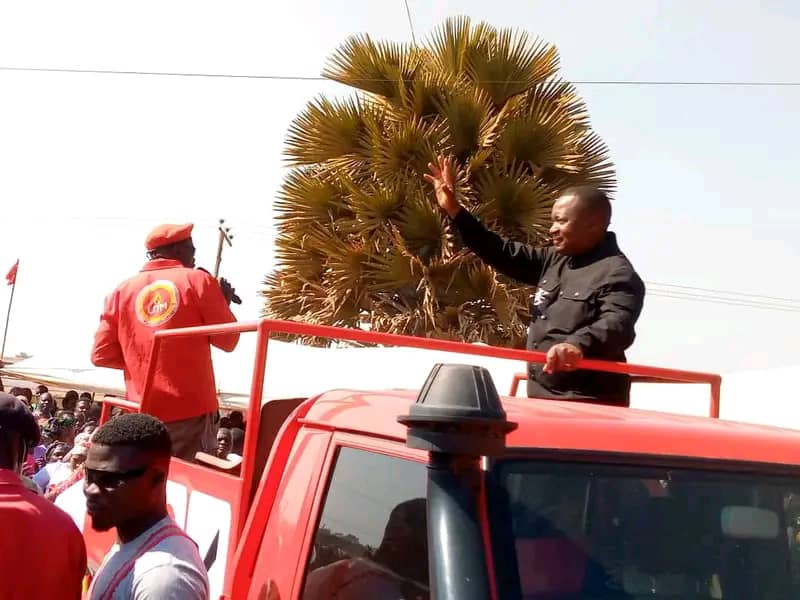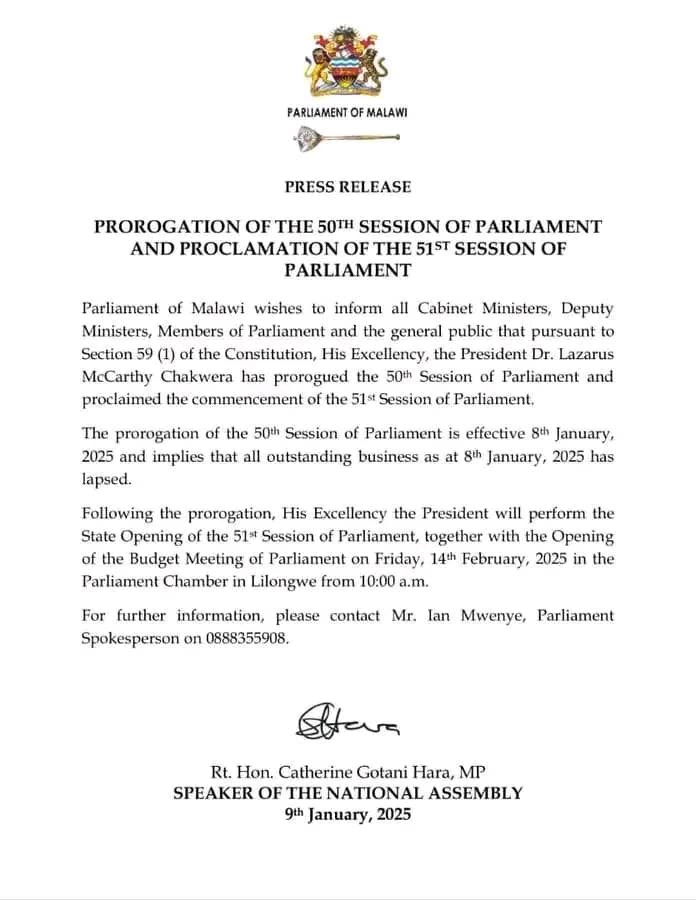By Burnett Munthali
Dalitso Kabambe, the UTM presidential candidate in the upcoming elections, has arrived in Chitipa District as part of his ongoing campaign trail.
He is expected to address residents who have gathered in the district before proceeding to Misuku, where another rally will be held later in the afternoon.
Before arriving at the main rally venue, Kabambe interacted with traders at the Chitipa market to listen to some of their business grievances.https://malawifreedomnetwork.com/2025/08/17/malawis-honorary-consul-to-israel-under-spotlight-after-top-award-nomination/
The engagement gave him the opportunity to hear directly from small-scale business operators about the challenges they face in sustaining their livelihoods.

This direct approach highlights his campaign’s emphasis on grassroots interaction and community-level concerns.
Later in the day, Kabambe is scheduled to extend his campaign to Karonga District.
In Karonga, he is expected to hold whistle-stop meetings at Songwe and at Kambwe in Lufilya Constituency.
The rallies in Karonga are aimed at strengthening UTM’s visibility and consolidating support in the northern region of Malawi.
These events come at a crucial time as candidates intensify their campaigns ahead of the September elections.
Kabambe’s campaign trail underscores the importance of northern Malawi as a battleground for votes, given its history of influencing electoral outcomes.
His efforts to engage directly with ordinary citizens and listen to their concerns are part of a broader strategy to position himself as a people-centered leader.
Concluding Analysis
Dalitso Kabambe’s campaign activities in Chitipa and Karonga reflect a deliberate move to connect with the grassroots and to present himself as a candidate who understands the everyday struggles of Malawians.
By engaging traders and conducting whistle-stop meetings, he demonstrates a hands-on approach that could resonate with voters seeking practical solutions to their economic challenges.
As the elections draw closer, his ability to balance regional outreach with a national message will be critical in determining UTM’s standing in the 2025 race.
The northern region, historically pivotal in elections, will likely remain a strong determinant of whether Kabambe’s campaign strategy succeeds in translating popularity into votes.



